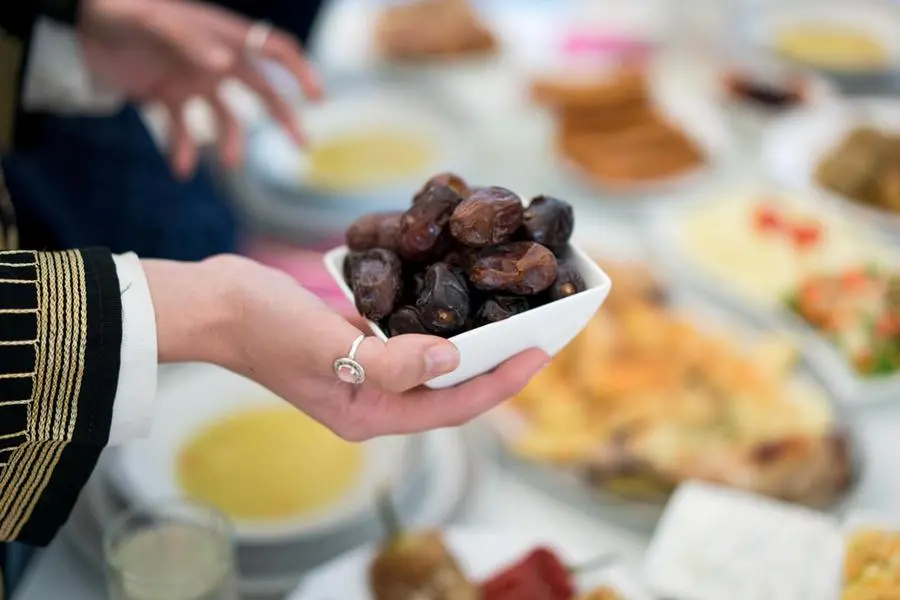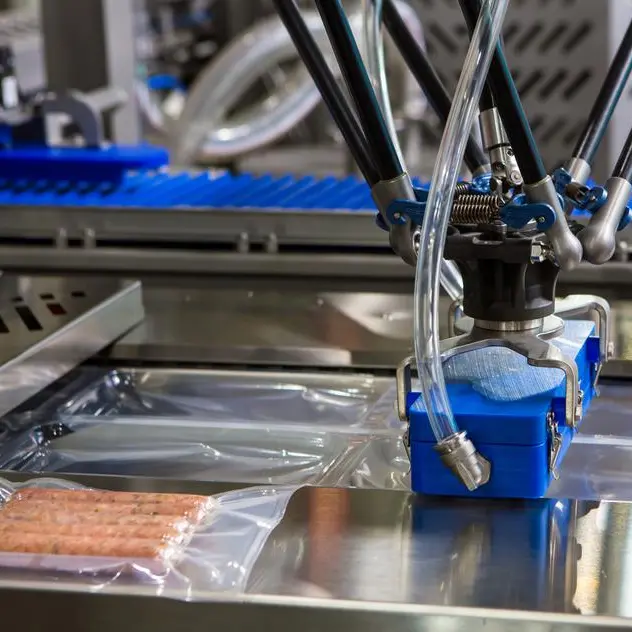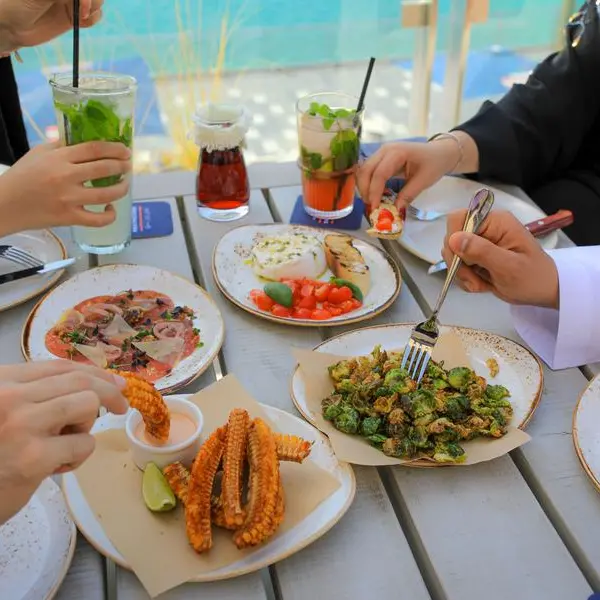PHOTO
Ramadan is the most sacred month for Muslims all over the world. During this holy month, Muslims fast from dawn to dusk, abstaining from food and water. The fasting period, which typically lasts anywhere between 10 and 14 hours in the Middle East, can be strenuous – especially in the initial days of Ramadan. One way to make fasting sustainable and easier is to consume healthy, nutritious, filling foods during non-fasting hours so that your body can cope with the fasting hours.
While fasting is done for religious reasons, there are plenty of proven health benefits associated with it. It not only helps in impulse control and discipline but also sharpens cognitive performance, reduces blood pressure, and decreases the risk of metabolic illnesses.
Here are some of the foods that you could consume during non-fasting hours (specifically Iftar and Suhoor) that will fuel your body and better prepare it for lengthy hours of hunger and thirst.
Dates:
Dates are a popular food item consumed during Ramadan, especially during Iftar, the breaking of the fast. Dates are powerhouses of energy. Not only are they a rich source of natural sugars, but they also contain several essential vitamins, and minerals, including potassium, magnesium, and iron, which are essential for maintaining good health during the fasting period. Dates – especially the 'Medjool' variety – help in refilling your glycogen levels, and thus amp up your energy.
Lean proteins:
Lean proteins are key to making sure that you don’t feel that biting sensation of hunger. During Ramadan, it is important to include lean proteins like fish, Greek yoghurt, chicken, cottage cheese, beans, etc. in your diet. Proteins are essential for building and repairing tissues as well as for maintaining healthy muscles so that you can go about your day without feeling exhausted or strung out.
Whole grains:
Whole grains, such as brown rice, quinoa and whole wheat, are complex carbohydrates that release energy slowly, keeping you full and energised for longer periods. Having a well-balanced meal consisting of brown rice/quinoa with vegetables and some protein for Suhoor is a good way of stabilising your hunger levels for the better part of the day, as they are well-rounded and filling. They are also rich in fibre, which helps regulate digestion as well as maintain healthy blood sugar levels.
Fruits and vegetables:
No diet is complete without a healthy mix of fruits and vegetables. During Ramadan, owing to the lengthy hours of fasting, your body might miss out on essential sources of nutrients and proteins. One way of ensuring that your body doesn’t suffer is by incorporating a wide range of fruits and veggies into your diet pre- and post-fast. Fruits and vegetables are excellent sources of essential vitamins and minerals, including vitamins A, C and K, and folate.
Make sure to eat fruits and vegetables that have high water content, like cucumbers and watermelons, during Ramadan. Also stock up on leafy greens like spinach, Swiss chard, lettuce, kale, etc., that regulate blood pressure and supplement your body with vitamins and folic acid. Dry fruits and nuts like figs, almonds and cashews are high in protein and help maintain blood glucose levels.
Coconut water:
Not enough can be said about the importance of drinking ample water during your non-fasting hours. You can take this a step further by drinking coconut water, as it has multiple health benefits and is also a general coolant. Coconut water is filled to the brim with electrolytes, which can help your body recover lost nutrients. It makes you feel hydrated and is extremely high in potassium. As compared to other fruit juices and fizzy drinks that are high in calories and sugar, coconut water is a great alternative that can help you fight your thirst!
Whether you’re practising intermittent fasting or observing Ramadan, fasting consecutively for many hours is by no means an easy feat. However, it can be made easier on your body through better food habits and more discipline. Since there are only a few hours in the day when you do eat, make sure not to layer those with needless junk or processed food. Eat plenty of vegetables, lean proteins, and good carbs, and keep yourself hydrated to the max!
Copyright © 2022 Khaleej Times. All Rights Reserved. Provided by SyndiGate Media Inc. (Syndigate.info).





















